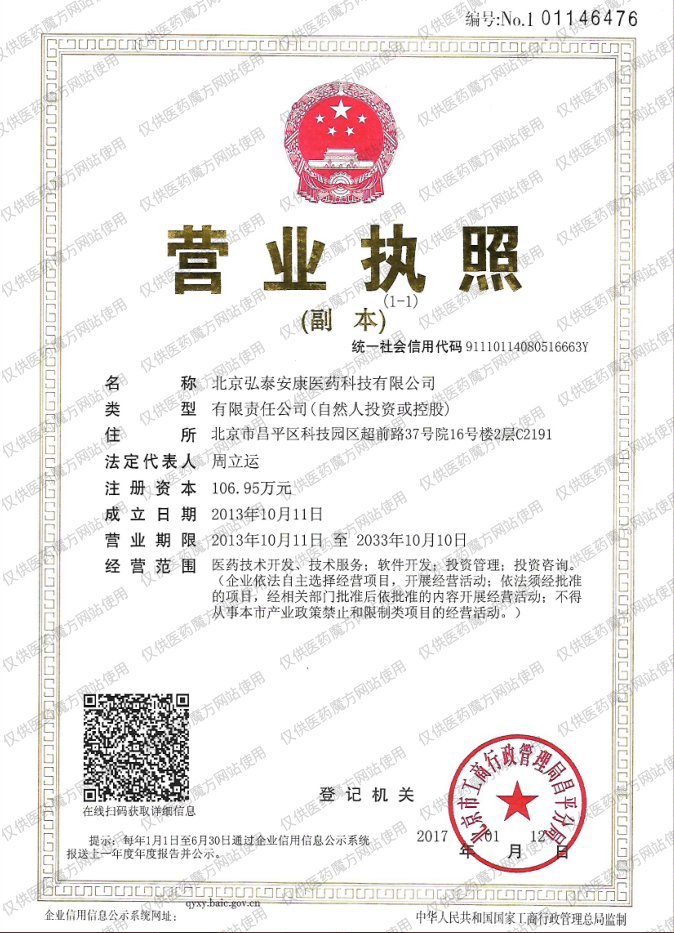AZ, Merck get first okay for selumetinib in genetic disease NF1
First drug to be approved to treat patients with incurable disorder

The FDA has become the first regulator worldwide to approve AstraZeneca and Merck & Co/MSD’s selumetinib for neurofibromatosis type 1 (NF1), a rare genetic disease affecting the skin.
MEK 1/2 inhibitor selumetinib failed to hit the mark in various cancer trials, but now has a new lease of life in NF1. It has become the first drug to be approved to treat patients with the incurable disorder, which results in coffee-coloured patches on the skin as well as non-cancerous tumours on nerves in the skin and other tissues.
Selumetinib will be sold under the Koselugo brand name in the US and has been cleared by the FDA to treat people with NF1 with so-called plexiform neurofibromas (PN) – large tumours which develop on nerve junctions that can cause symptoms like pain, weakness, numbness, bleeding, or bladder or bowel changes – that occur in around 30-50% of all NF1 cases.
The disease affects one in 3,000 to 4,000 newborns worldwide, according to AZ and Merck. The partners have filed for approval of Koselugo in Europe and say “further global regulatory submissions are being evaluated”.
There are several other MEK inhibitor drugs already on the market, including Novartis’ Mekinist (trametinib), Pfizer’s Mektovi (binimetinib) and Roche’s Zelboraf (vemurafenib) – all licensed for use in melanoma – but none in this indication.
The FDA approval gives AZ and Merck a much coveted priority review voucher, which rewards companies who develop drugs for rare disease and can be used to cut the review time for a future drug to six months.
The FDA approval is based on phase 2 data from the SPRINT trial, testing selumetinib as a twice-daily oral monotherapy in paediatric patients, aged three years or older with inoperable NF1-related PN. These results were presented by the National Cancer Institute (NCI) at 2018’s ASCO congress, and the drug is also in phase 3 trials.
Koselugo isn’t expected to be a big earner for AZ and Merck as NF1 is rare, with analysts predicting peak sales of $200m to $250m or so, but it is a big step forward for patients with the disease.
“This announcement from the FDA about Koselugo…is a tremendous step towards our ultimate dream – approved treatments for all forms of neurofibromatosis,” commented Annette Bakker, president of the Children’s Tumour Foundation (CTF) in the US which represents patients with NF.
“We believe that FDA approval of this treatment helps not only a subset of NF1 patients, but also opens the door to increased interest in all forms of NF by pharmaceutical companies. We are already experiencing it – the number of companies interested in NF1, NF2 and schwannomatosis is growing rapidly,” she added.
Other MEK inhibitors are also now in clinical trials, including mirdametinib from SpringWorks Therapeutics, a company which the CTF helped spin off from Pfizer.
Meanwhile, selumetinib hasn’t been abandoned entirely in cancer, and AZ’s latest pipeline update suggests it is testing the drug in combination with its checkpoint inhibitor Imfinzi (durvalumab) in solid tumours, and alongside EGFR inhibitor Tagrisso (osimertinib) in EGFR-positive non-small cell lung cancer (NSCLC).
AZ in-licensed selumetinib from Array BioPharma in a $95m deal signed in 2003, and joined forces with Merck on the drug in 2017 as part of their wide-ranging oncology alliance.
The FDA has become the first regulator worldwide to approve AstraZeneca and Merck & Co/MSD’s selumetinib for neurofibromatosis type 1 (NF1), a rare genetic disease affecting the skin. MEK 1/2 inhibitor selumetinib failed to hit the mark in various cancer trials, but now has a new lease of life in NF1. It has become the first drug to be approved to treat patients with the incurable disorder, which results in coffee-coloured patches on the skin as well as non-cancerous tumours on nerves in the skin and other tissues. Selumetinib will be sold under the Koselugo brand name in the US and has been cleared by the FDA to treat people with NF1 with so-called plexiform neurofibromas (PN) – large tumours which develop on nerve junctions that can cause symptoms like pain, weakness, numbness, bleeding, or bladder or bowel changes – that occur in around 30-50% of all NF1 cases. The disease affects one in 3,000 to 4,000 newborns worldwide, according to AZ and Merck. The partners have filed for approval of Koselugo in Europe and say “further global regulatory submissions are being evaluated”. There are several other MEK inhibitor drugs already on the market, including Novartis’ Mekinist (trametinib), Pfizer’s Mektovi (binimetinib) and Roche’s Zelboraf (vemurafenib) – all licensed for use in melanoma – but none in this indication. The FDA approval gives AZ and Merck a much coveted priority review voucher, which rewards companies who develop drugs for rare disease and can be used to cut the review time for a future drug to six months. The FDA approval is based on phase 2 data from the SPRINT trial, testing selumetinib as a twice-daily oral monotherapy in paediatric patients, aged three years or older with inoperable NF1-related PN. These results were presented by the National Cancer Institute (NCI) at 2018’s ASCO congress, and the drug is also in phase 3 trials. Koselugo isn’t expected to be a big earner for AZ and Merck as NF1 is rare, with analysts predicting peak sales of $200m to $250m or so, but it is a big step forward for patients with the disease. “This announcement from the FDA about Koselugo…is a tremendous step towards our ultimate dream – approved treatments for all forms of neurofibromatosis,” commented Annette Bakker, president of the Children’s Tumour Foundation (CTF) in the US which represents patients with NF. “We believe that FDA approval of this treatment helps not only a subset of NF1 patients, but also opens the door to increased interest in all forms of NF by pharmaceutical companies. We are already experiencing it – the number of companies interested in NF1, NF2 and schwannomatosis is growing rapidly,” she added. Other MEK inhibitors are also now in clinical trials, including mirdametinib from SpringWorks Therapeutics, a company which the CTF helped spin off from Pfizer. Meanwhile, selumetinib hasn’t been abandoned entirely in cancer, and AZ’s latest pipeline update suggests it is testing the drug in combination with its checkpoint inhibitor Imfinzi (durvalumab) in solid tumours, and alongside EGFR inhibitor Tagrisso (osimertinib) in EGFR-positive non-small cell lung cancer (NSCLC). AZ in-licensed selumetinib from Array BioPharma in a $95m deal signed in 2003, and joined forces with Merck on the drug in 2017 as part of their wide-ranging oncology alliance

扫码实时看更多精彩文章



